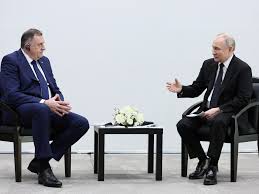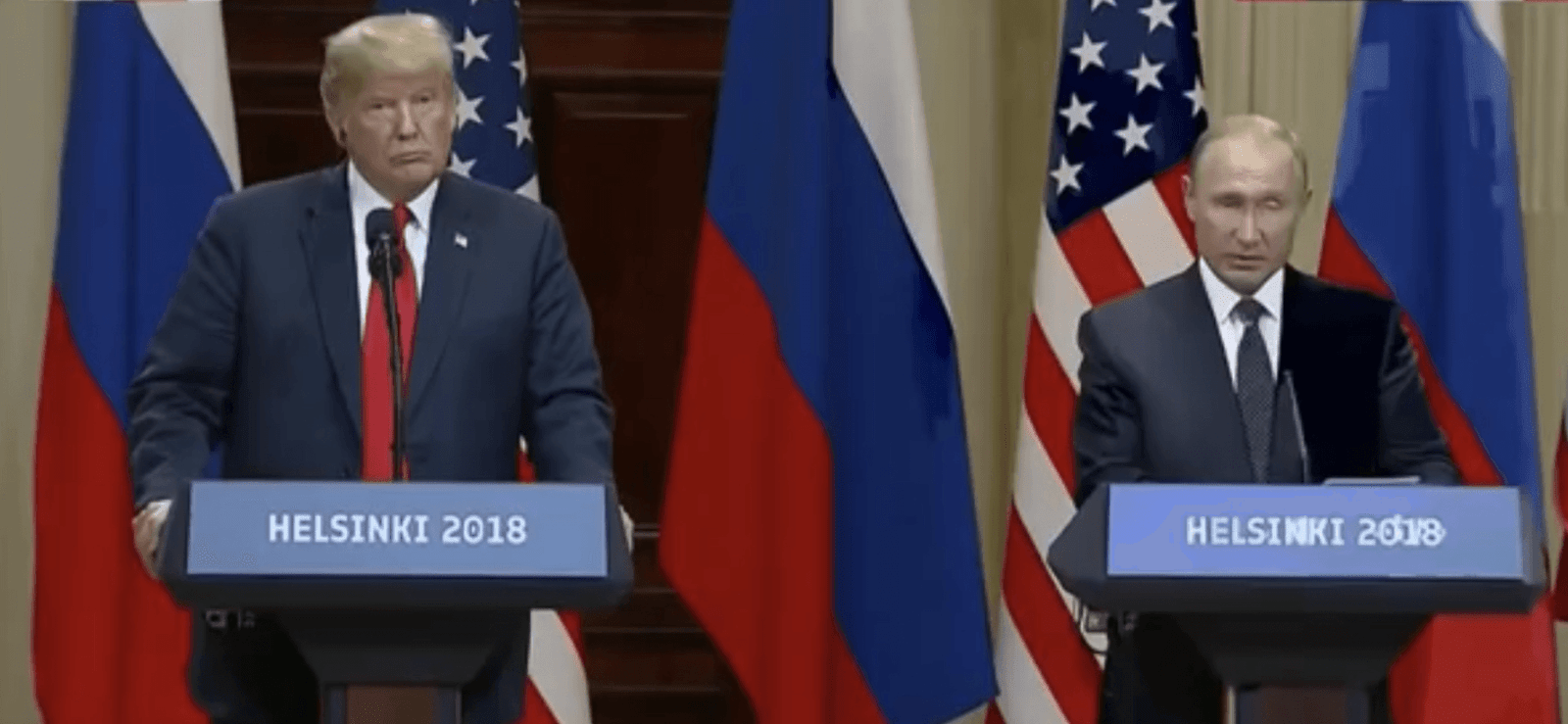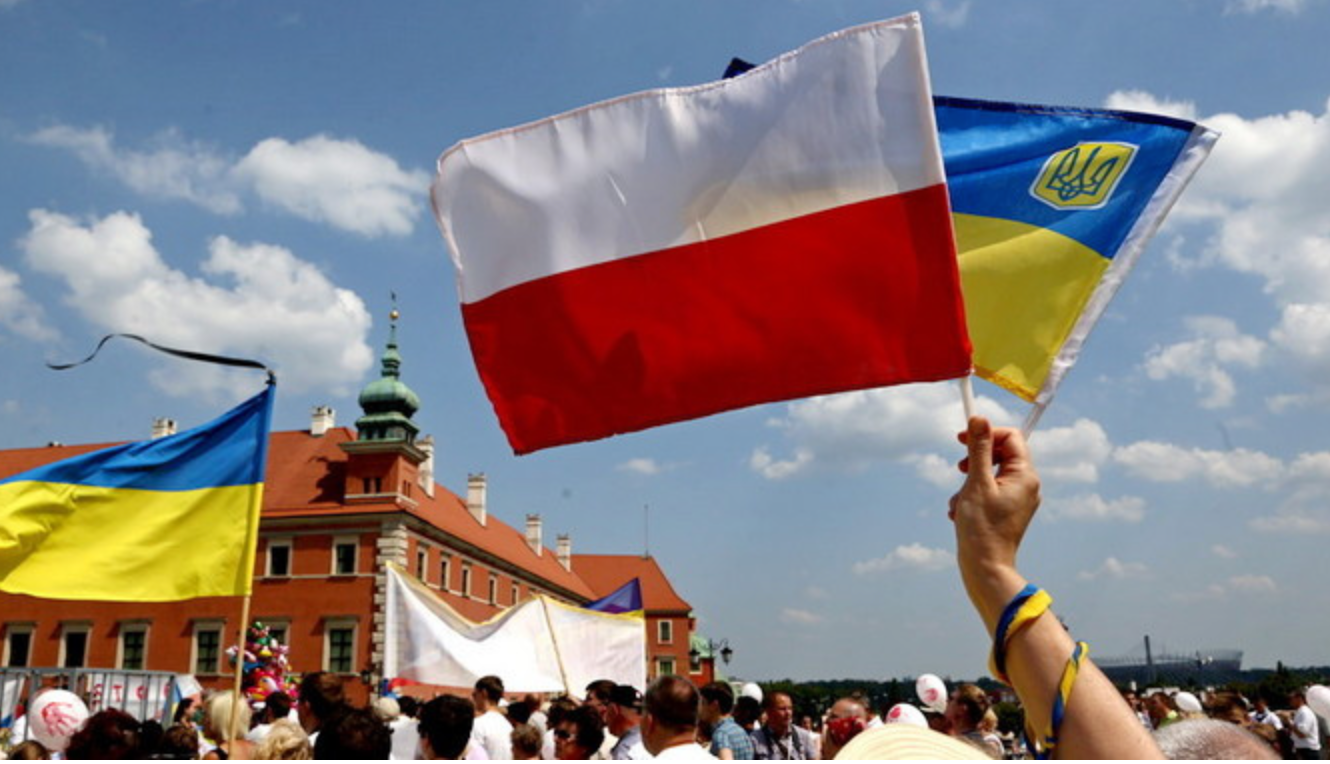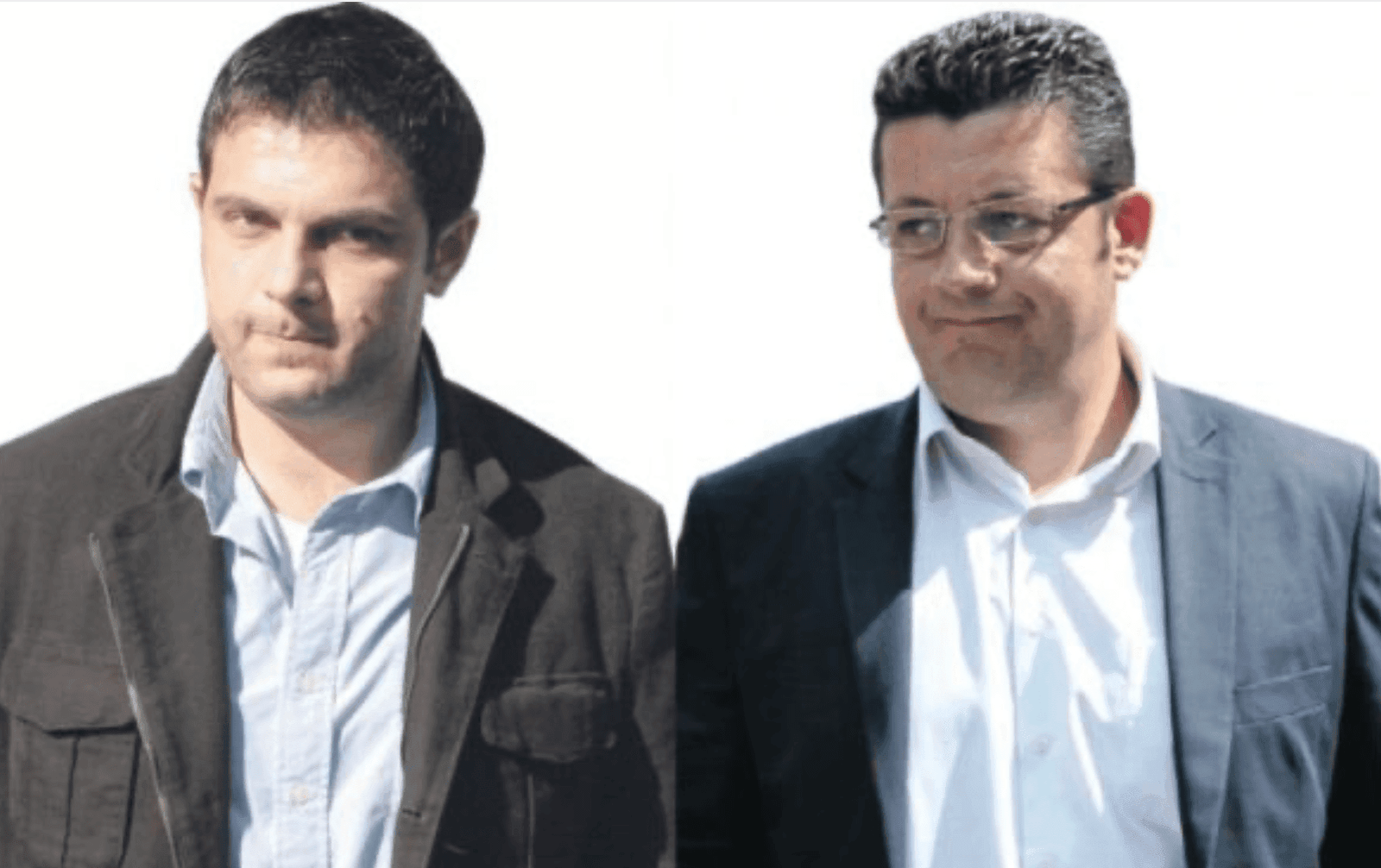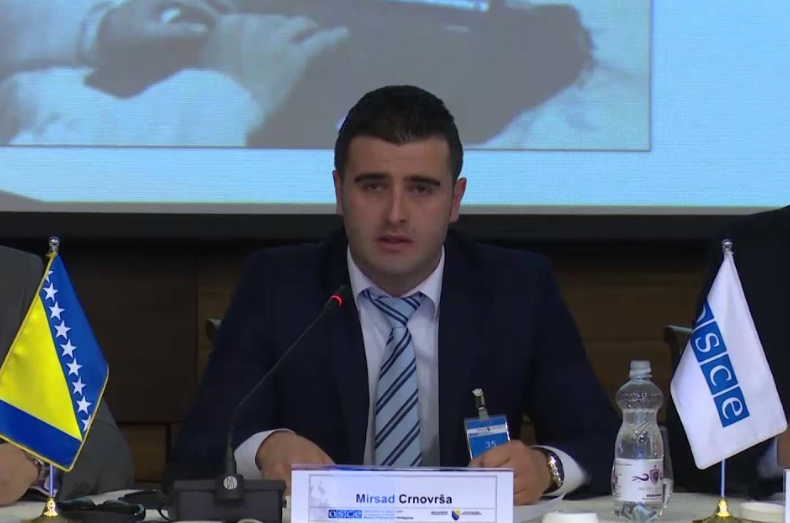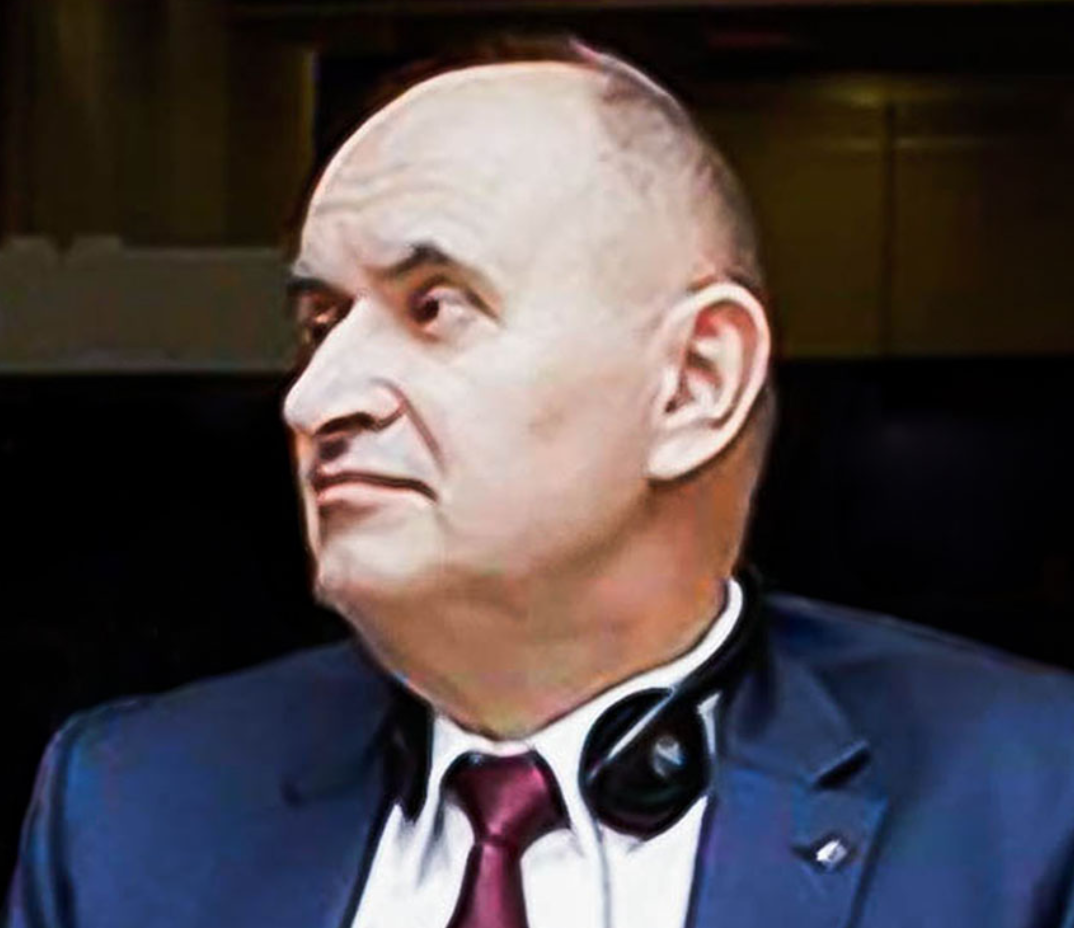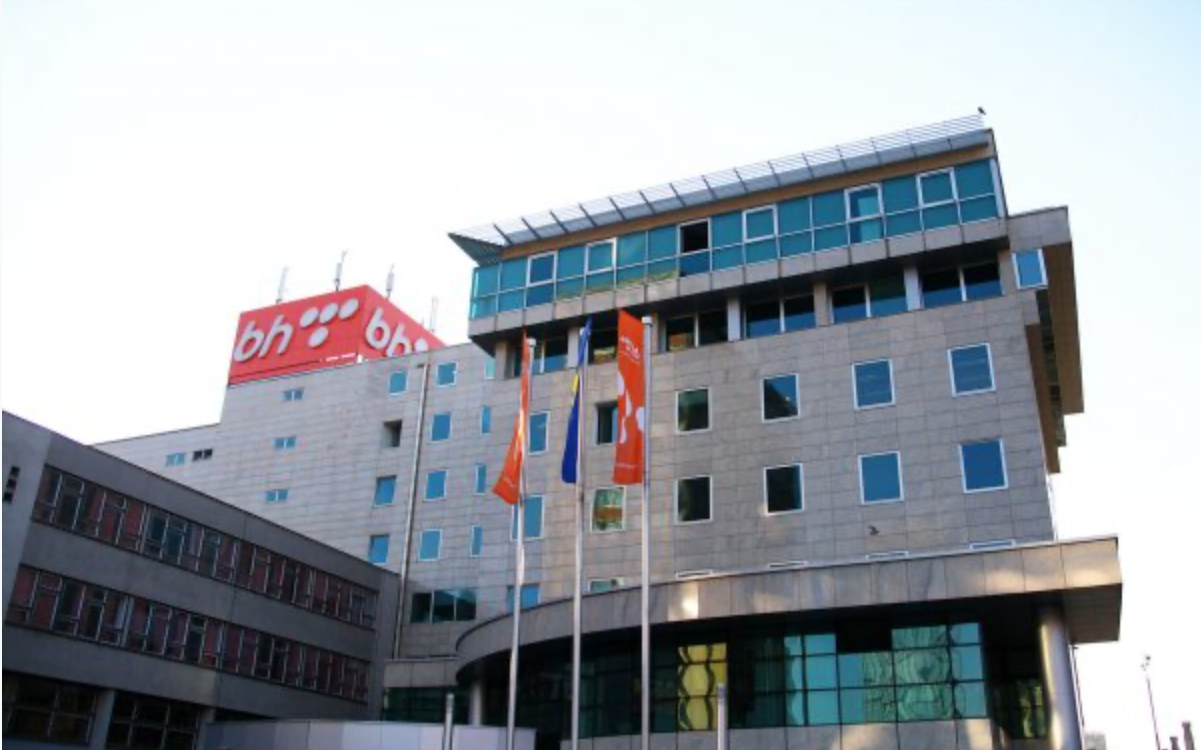Moscow’s “special military operation” in Ukraine has developed into a war between Russia and the United States. Although the war is currently in the warm stage it could rapidly heat up over the coming year. Russia’s non-military attacks on the West began over two decades ago when Putin became President, especially in its information offensives, political corruption, and energy dependencies. And because of Washington’s weak response to the seizure of Crimea in 2014 the Kremlin is escalating the war against the West through Ukraine.
Putin issued a warning to Washington on the eve of the expanded war in February 2022 that NATO had to reverse its decision to include Central Europe in the Alliance and remove all weapons close to Russia’s borders. Moreover, as Ukraine aspired to NATO membership to protect itself, Moscow was determined to halt the process. It calculated that Kyiv would quickly fall, that the West would be divided in its support for Ukraine, that economic sanctions would not be imposed, that Western publics would grow tired of the war, and that Ukraine’s resolve would dissipate. It was proved wrong in several of these estimations but it continues to push the narrative that Russia’s victory is inevitable and the West does not have the stomach for a prolonged conflict.
Putin’s propagandists regularly threaten Poland and the Baltic states with invasion and former president Dmitri Medvedev has declared that attempts to push Russia back to its 1991 borders would result in the nuclear annihilation of Washington, London, Berlin, and Paris. These bombastic statements are intended to rally Russians around the flag and to frighten Western leaders to stop arming Ukraine and allow Moscow to triumph.
The Kremlin views Ukraine’s future as decisive for Russia’s future, because without Ukraine subdued or eradicated the Russian federation will dissolve. Putin himself has issued such warnings. Paradoxically, such a juxtaposition should actually encourage Western governments to make sure that Ukraine is victorious. If the stark choice facing Washington is either Ukraine’s capitulation and Russia’s expansion or Ukraine’s victory and Russia’s rupture then the dissolution of Europe’s last empire must be the Western goal.
The first alternative – a potential Russian victory in Ukraine – has convinced several NATO members that a broader war is on the horizon. The Defense Ministers of the United Kingdom, Germany, Poland, Norway, and other NATO allies have stated that the West needs to prepare for an outright war with Russia. Their warnings are intended to draw attention to three realities – that Europe can no longer depend on the US, especially if there is a second Trump presidency; that Europe itself remains militarily unprepared and ill equipped; and that Ukraine conceding any territories to Russia will embolden Moscow to directly confront NATO militarily.
Although the threat of nuclear war stirs fears among many Western officials, Russia’s leaders will not commit national and personal suicide by using them against NATO. Alliance nuclear strikes would erase all major Russian cities within minutes. And similarly to the Soviet elite, the current clique of corrupt officials will want to survive and salvage their political futures and economic fortunes. When Russia starts to rupture, even if some emerging states acquire nuclear weapons, they will have no reason to deploy them while seeking international recognition and economic assistance. Post-Russian states are likely to pursue nuclear disarmament much like Ukraine, Belarus, and Kazakhstan after the demise of the Soviet Union. Indeed, the West will need to be closely engaged in the process of de-nuclearization and de-militarization.
A bigger danger looming ahead is Washington’s potential refusal to intervene in the event of a Russian military strike anywhere on NATO territory. The destruction of some infrastructural or military facility without Allied counterstrikes led by America would simply escalate Moscow’s ambitions. The lack of response would expose the US as an unreliable “paper tiger” – according to the old Maoist insult. Washington would then face an even starker choice – whether to abandon its allies or be drawn into another European war.
Such a losing scenario can be avoided if Ukraine is fully armed over the coming months to defeat the Russian military, especially as its forces have already demonstrated their capabilities. Recent Russian gains in parts of Donbas can be reversed if Ukraine is properly equipped with long range weapons, aviation, and artillery. At the same time, Western leaders should not be fooled by offers of settlements or ceasefires with Russia, which will seek to consolidate it conquests. The US and the EU have vastly bigger economies and resources than Russia and the only question mark is the willpower and determination of alliance leaders.
Regardless of the US elections, there is strong bi-partisan consensus on NATO and Ukraine in both chambers of the US Congress. And recent opinion polls demonstrate that an overwhelming majority of the American public continues to support Ukraine. Many senior Republicans understand the urgency and importance of Kyiv defeating one of America’s chief adversaries. Half of Russia’s professional army has already been destroyed in Ukraine and by spending less than 5% of the annual US defense budget the mission can be completed.
For the internationalists and anti-imperialists in Washington to prevail, they must convince the electorate that America will only be great again as the leader of the free world, while the isolationists are voted out in November. Simultaneously, the Biden administration must pursue bold and innovative ways to arm Ukraine, including using billions of dollars of frozen Russian state assets. It is clear that the critical battle in this US-Russia war will be Ukraine’s victory in liberating all of its territories. This will prevent a wider conflict and accelerate the rupture of the imperial Russian state.
(Janusz Bugajski is a Senior Fellow at the Jamestown Foundation in Washington DC. His recent book is Failed State: A Guide to Russia’s Rupture. His forthcoming book is titled Pivotal Poland: Europe’s Rising Strategic Player)



